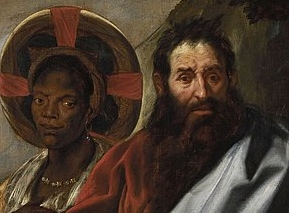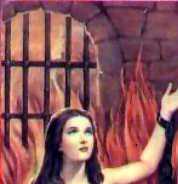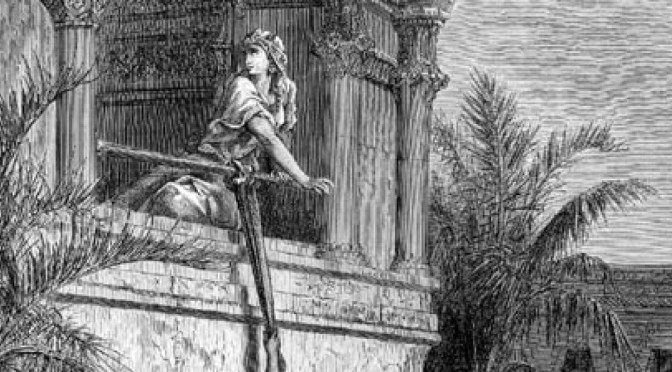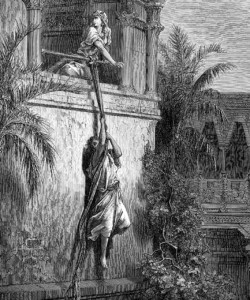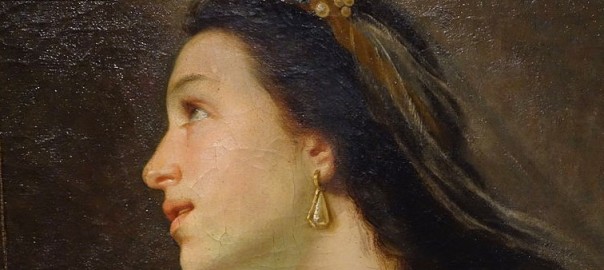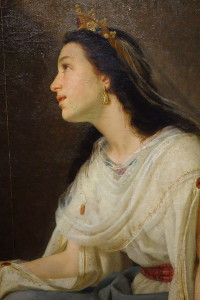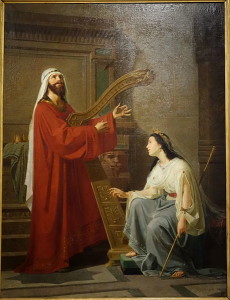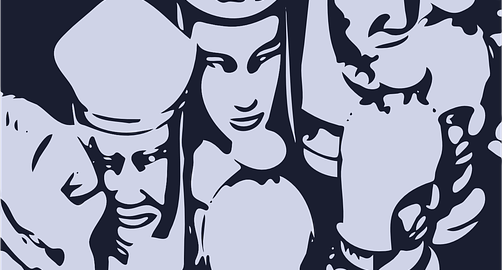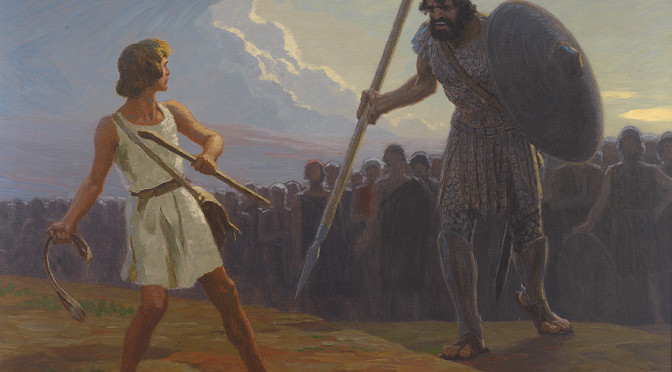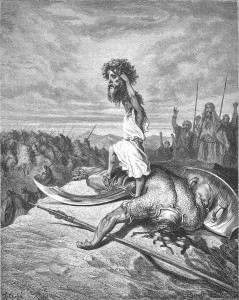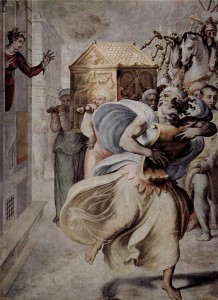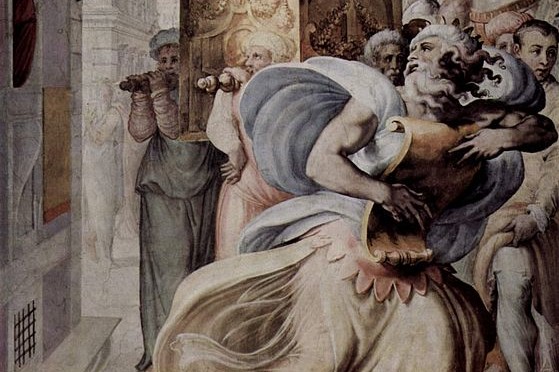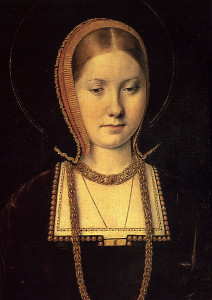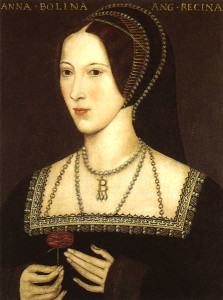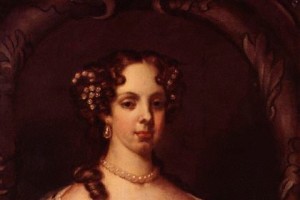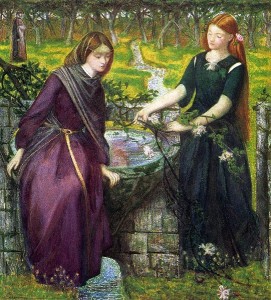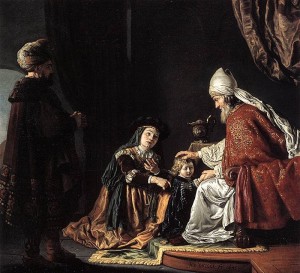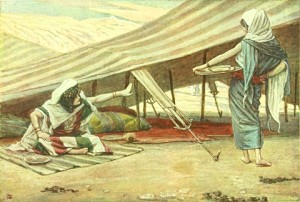“Where ever there’s water, there’s people,” says my biblical lands instructor during each lesson.
So, of course, the well is a popular place. It’s a great place to meet people!
It was somewhat romantic when Jacob met Rachel at the well. He knew she was the one he was looking for, and he helped water the sheep, gave her a kiss, and then she ran to her dad.
Zipporah (a.k.a. Tzipora or Sephora), and Moses had a similar experience, but a little different…
So Moses had been on the run because Egypt’s leader found out Moses had killed an Egyptian who had been attacking a fellow Hebrew. To quote Moses’ flight:
Moses fled from the face of Pharaoh, and dwelt in the land of Midian: and he sat down by a well.
[How long Moses had been in Midian, I don’t know. Maybe he knew a few people before the following incident.]
Now the priest of Midian had seven daughters: and they came and drew water, and filled the troughs to water their father’s flock.
And the shepherds came and drove them away: but Moses stood up and helped them, and watered their flock.
I think I can speak for many women when I say guys helping and caring for animals are very attractive! The perfect gentleman who’s good with animals. Can’t get much better than that!
Let’s check out some of Hollywood’s famous dramatizations of that famous “meeting.”
The Ten Commandments:
Well, in the both the movie and Exodus account, there were seven daughters, a well, sheep, and bad guys…I think that’s what the movie got right. Even though I’m not too sure if the girls flirted with him, I do love the heroic music and observation comments!
The Prince of Egypt:
Huh…four daughters shown. I wonder where the other three are hiding. But the film does feature a well, sheep, and bad guys. This encounter in the film is Moses and Zipporah’s second meeting, which isn’t accurate. But there is a possibility he liked her, but let’s get back to the scriptural text about what the daughters did after Moses helped them:
And when they came to Reuel their father, he said, How is it that ye are come so soon to day?
And he said unto his daughters, And where is he? why is it that ye have left the man? call him, that he may eat bread.
I find the daughters’ father hilarious. His daughters were just being cautious. I can imagine that the daughters were caught off guard and awkwardly said they had to go after the chores was done.
It’s the type of thing I would do. My dad has reacted similarly. One example was when a cute guy (I knew already) asked to give me a ride. I said no. When I told my dad about it, he said, “You should have said yes!”
Reuel (referred to as Jethro later in the text) and Moses hit it off.
And Moses was content to dwell with the man: and he gave Moses Zipporah his daughter.
Darn, no details of Moses and Zipporah’s courtship. I agree with the rabbis when they said as Jethro got to know Moses, he approved of Moses. The “eat break” line (I used the King James Version of the Bible) is translated in other versions as “break bread.” “Break bread” might be a hint to Moses that he’d marry one of Jethro’s daughters. Zipporah might have heard this and made a plan to get Moses. Or Moses noticed her good qualities and went after her.
Or maybe the two fell in love through a song…to end this post, let’s watch The Prince of Egypt’s, “Through Heaven’s Eyes.”
P.S. The Hebrew slaves didn’t build the pyramids. That’s what my biblical lands teacher told me.
Featured image: Moses and his Ethiopian wife Zipporah by Jacob Jordaens. Public domain.
I don’t own the videos or movies.
I want to find a nice guy like Moses though.
